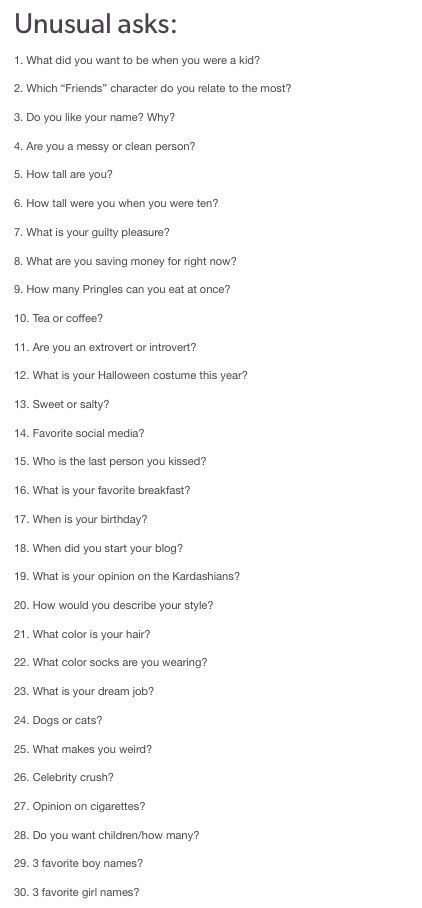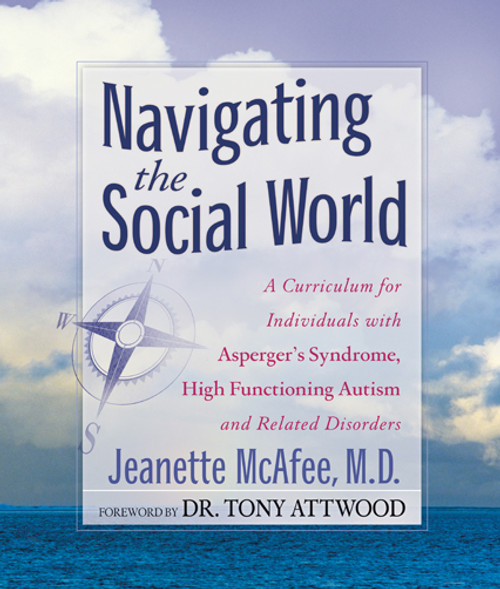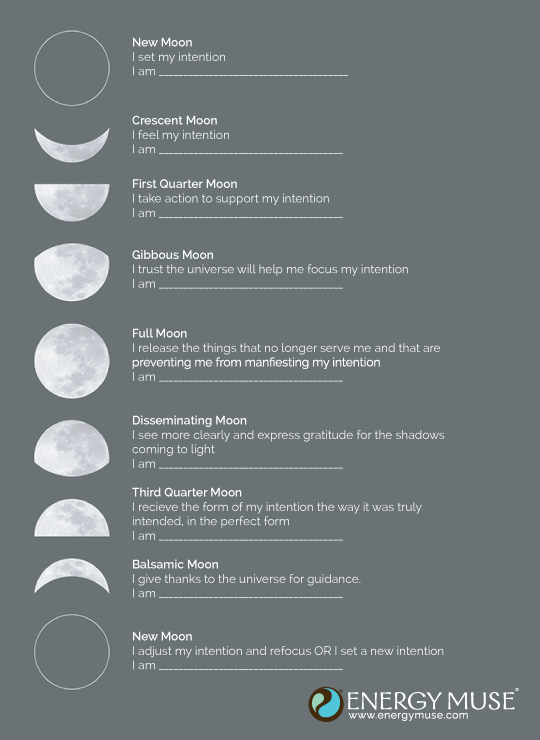Multi personality disorder test
Dissociative Identity Disorder Test - Free Confidential Results Online
What is Dissociative Identity Disorder?
Most experts agree that dissociative identity disorder, sometimes shortened to “DID”, is one of the most unusual and dramatic personality disorders, posing lots of challenges and unanswered questions for both researchers and clinicians.
Formerly known as multiple personality disorder, dissociative identity disorder is characterized by the presence of two or more distinct identities or personalities.
Most often, people with dissociative identity disorder have a primary personality which can be passive, hesitant, depressed, and dependent. However, his or her alternative personalities may be at the opposite pole, displaying extraversion, openness, and charm.
Furthermore, alternative personalities may have different genders or ages and exhibit different preferences, interests, beliefs, behaviors, and feelings in someone with DID.
These personalities take over successively, changing the person’s entire attitude towards himself or herself, others, and the world. When one personality ‘takes the wheel,’ the rest remain on ‘standby.’
In other words, if a personality is on standby, it dissociates or detaches itself and does not know what happened while it was on standby. And that’s why people with this condition can struggle to recall significant portions of their everyday life.
The impact that dissociative identity disorder has on one's personal and professional life depends significantly on the number of existing personalities. But as you can probably imagine people who suffer from dissociative identity disorder face numerous challenges.
Signs of Dissociative Identity Disorder
Experts agree that even though DID occurs during childhood, symptoms become obvious during adolescence and may worsen when the person reaches adulthood.
The main signs of dissociative identity disorder are:
- Presence of dreams and painful memories
- Lack of focus
- Seizures – especially in response to trauma or unpleasant memories
- Unexpected changes in clothing, activities, and preferences
- Feelings of detachment and dissociation
- Memory loss
- Lack of sleep
- Dizziness and confusion
- Lack of temporal and spatial awareness
- Pesence of two or more personalities which trigger behavioral and emotional changes that may be labeled as ‘bizarre’ or ‘baffling’ by others.
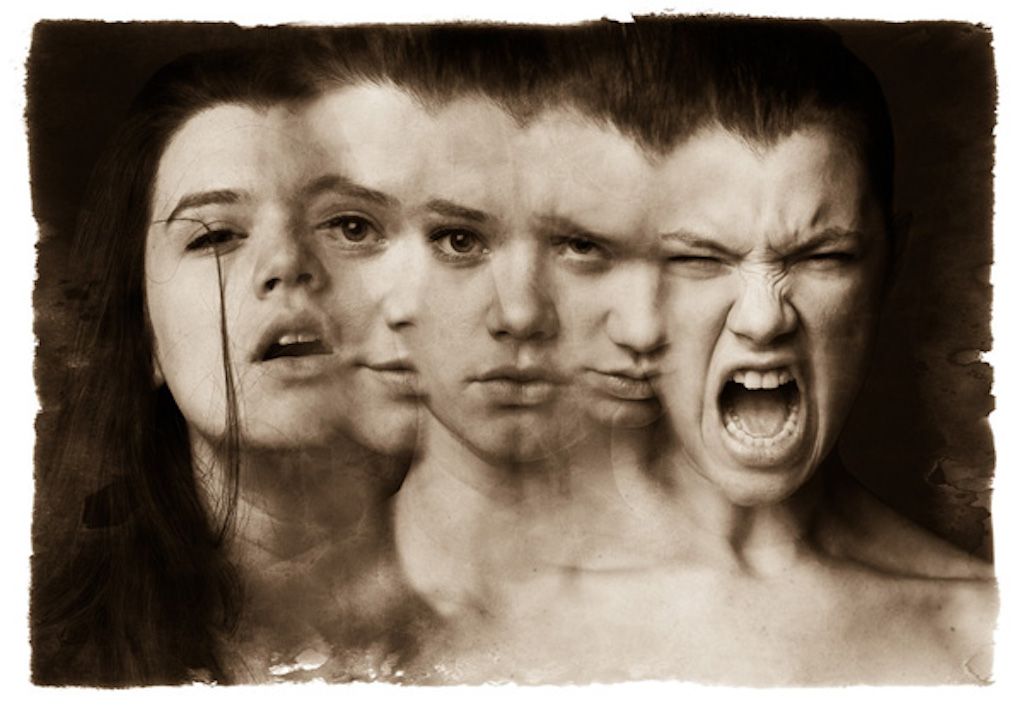
Aside from the symptoms mentioned above, one reliable indicator of dissociative identity disorder is dissociative amnesia. In other words, the person is unable to recall recent important or stressful events. Dissociative amnesia can result in anxiety and depressive symptoms.
How is Dissociative Identity Disorder Treated?
DID can be a severe mental illness that wreaks havoc into the lives of those who are dealing with it. Unfortunately, there are no treatments designed specifically for dissociative identity disorder at this time.
However, mental health professionals can use a wide range of pharmacological and therapeutic approaches that can help people manage the unpleasant effects of this condition and enjoy a relatively stable life.
Medication
Although there are no drugs that target this condition, psychiatrists often prescribe antidepressants or anxiolytics to help with the anxiety and depressive episodes associated with dissociative identity disorder.
Psychotherapy
Psychotherapy is the most popular form of intervention for dissociative identity disorder. Depending on the severity of the symptoms and number of alternative personalities, people with this condition could stay in therapy for years before reaching the point where they can take full control over their life.
It’s important to remember that the primary goal of therapy isn’t to reduce all personalities to one but to teach the person to handle all personalities and make them work harmoniously toward the same personal and professional achievements.
And so the purpose of therapy is to help the client understand their condition, increase awareness, control emotions and impulses, cultivate stable interpersonal relationships, and manage stress.
Multiple Personality Disorder test (DES)
by Hanan Parvez
This Multiple Personality Disorder test utilizes the Dissociative Experiences Scale (DES), a questionnaire that measures your degree of dissociation.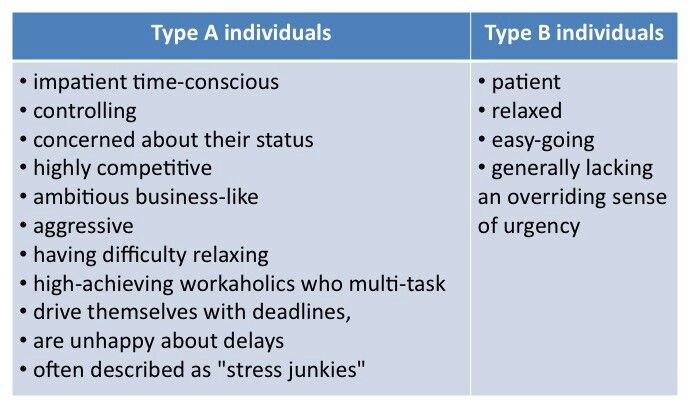 Multiple Personality Disorder (also called Dissociative Identity Disorder) is the extreme manifestation of dissociation and dissociative disorders.
Multiple Personality Disorder (also called Dissociative Identity Disorder) is the extreme manifestation of dissociation and dissociative disorders.
In dissociative disorders, people dissociate or break away from their core sense of self. For instance, in dissociative amnesia, individuals are unable to recall a particular experience or event because they had dissociated during that event.
Dissociation is often triggered by an extremely stressful or traumatic event. The movie Fractured that came out in 2019 presents a good example of dissociation.
In Multiple Personality Disorder, people display two or more separate personalities or identities. These personalities are called alters. When an alter other than the main identity of the person is in charge, the latter experiences a memory gap. For a detailed discussion of the condition, check out this article on Multiple Personality Disorder.
This test consists of 28 questions and you are to select the most appropriate answer from the drop-down list.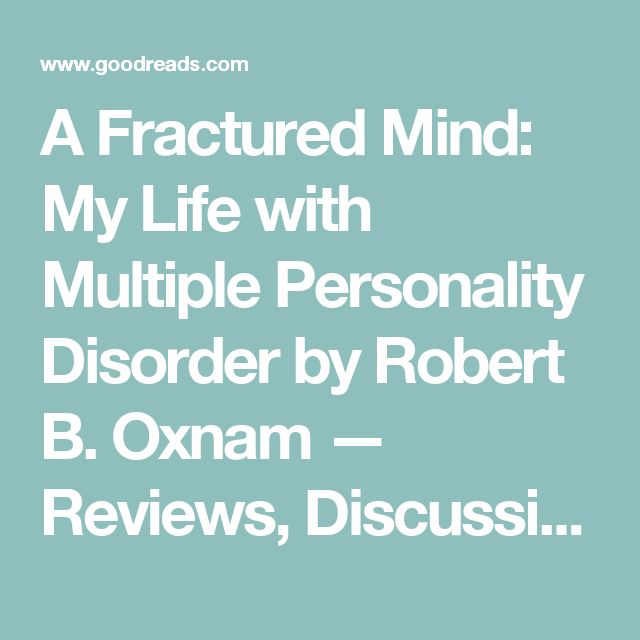 The questions are related to your daily life experiences. The answers range from 0% of the time i.e. Never to 100% of the time i.e. Always.
The questions are related to your daily life experiences. The answers range from 0% of the time i.e. Never to 100% of the time i.e. Always.
Your answers should indicate how often these experiences occur to you when you’re not under the influence of drugs or alcohol.
Note that this questionnaire is not a diagnostic tool but only a screening test. It’s a starting point for you to discover the severity of your dissociative symptoms. Higher scores don’t indicate you have Multiple Personality Disorder, only that a clinical assessment of your dissociation symptoms may be warranted.
Your answers and results will not be stored anywhere. They’ll only be visible to you. Also, no personal information of any sort will be collected.
Multiple personality disorder test
1. Some people have the experience of driving or riding in a car or bus or subway and suddenly realizing that they don’t remember what has happened during all or part of the trip.
Please select your answer0%10%20%30%40%50%60%70%80%90%100%
2. Some people find that sometimes they are listening to someone talk and they suddenly realize that they did not hear part or all of what was said.
Please select your answer0%10%20%30%40%50%60%70%80%90%100%
3. Some people have the experience of finding themselves in a place and having no idea how they got there.
Please select your answer0%10%20%30%40%50%60%70%80%90%100%
4. Some people have the experience of finding themselves dressed in clothes that they don’t remember putting on.
Please select your answer0%10%20%30%40%50%60%70%80%90%100%
5. Some people have the experience of finding new things among their belongings that they do not remember buying.
Please select your answer0%10%20%30%40%50%60%70%80%90%100%
6. Some people sometimes find that they are approached by people that they do not know who call them by another name or insist that they have met them before.
Some people sometimes find that they are approached by people that they do not know who call them by another name or insist that they have met them before.
Please select your answer0%10%20%30%40%50%60%70%80%90%100%
7. Some people sometimes have the experience of feeling as though they are standing next to themselves or watching themselves do something and they actually see themselves as if they were looking at another person.
Please select your answer0%10%20%30%40%50%60%70%80%90%100%
8. Some people are told that they sometimes do not recognize friends or family members.
Please select your answer0%10%20%30%40%50%60%70%80%90%100%
9. Some people find that they have no memory for some important events in their lives (for example, a wedding or graduation).
Please select your answer0%10%20%30%40%50%60%70%80%90%100%
10. Some people have the experience of being accused of lying when they do not think that they have lied.
Some people have the experience of being accused of lying when they do not think that they have lied.
Please select your answer0%10%20%30%40%50%60%70%80%90%100%
11. Some people have the experience of looking in a mirror and not recognizing themselves.
Please select your answer0%10%20%30%40%50%60%70%80%90%100%
12. Some people have the experience of feeling that other people, objects, and the world around them are not real.
Please select your answer0%10%20%30%40%50%60%70%80%90%100%
13. Some people have the experience of feeling that their body does not seem to belong to them.
Please select your answer0%10%20%30%40%50%60%70%80%90%100%
14. Some people have the experience of sometimes remembering a past event so vividly that they feel as if they were reliving that event.
Please select your answer0%10%20%30%40%50%60%70%80%90%100%
15.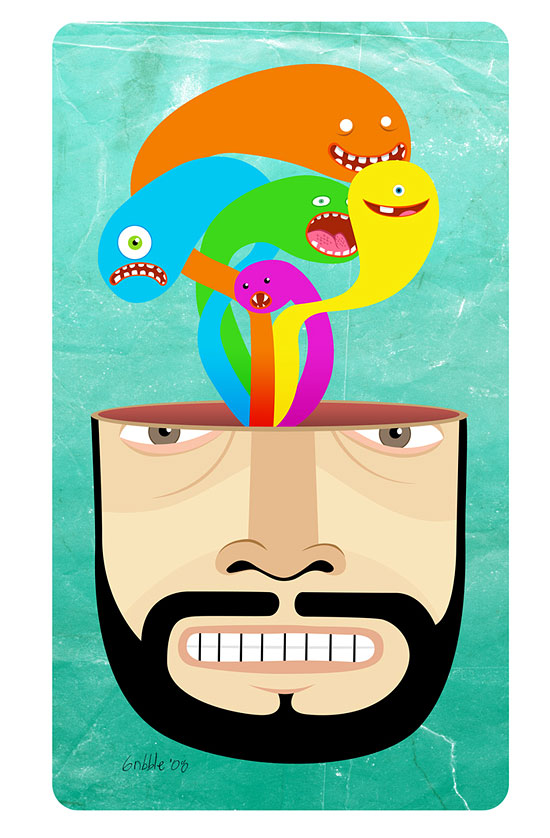 Some people have the experience of not being sure whether things that they remember happening really did happen or whether they just dreamed them.
Some people have the experience of not being sure whether things that they remember happening really did happen or whether they just dreamed them.
Please select your answer0%10%20%30%40%50%60%70%80%90%100%
16. Some people have the experience of being in a familiar place but finding it strange and unfamiliar.
Please select your answer0%10%20%30%40%50%60%70%80%90%100%
17. Some people find that when they are watching television or a movie they become so absorbed in the story that they are unaware of other events happening around them.
Please select your answer0%10%20%30%40%50%60%70%80%90%100%
18. Some people find that they become so involved in a fantasy or daydream that it feels as though it were really happening to them.
Please select your answer0%10%20%30%40%50%60%70%80%90%100%
19. Some people find that they sometimes are able to ignore pain.
Some people find that they sometimes are able to ignore pain.
Please select your answer0%10%20%30%40%50%60%70%80%90%100%
20. Some people find that that they sometimes sit staring off into space, thinking of nothing, and are not aware of the passage of time.
Please select your answer0%10%20%30%40%50%60%70%80%90%100%
21. Some people sometimes find that when they are alone they talk out loud to themselves.
Please select your answer0%10%20%30%40%50%60%70%80%90%100%
22. Some people find that in one situation they may act so differently compared with another situation that they feel almost as if they were two different people.
Please select your answer0%10%20%30%40%50%60%70%80%90%100%
23. Some people sometimes find that in certain situations they are able to do things with amazing ease and spontaneity that would usually be difficult for them (for example, sports, work, social situations, etc.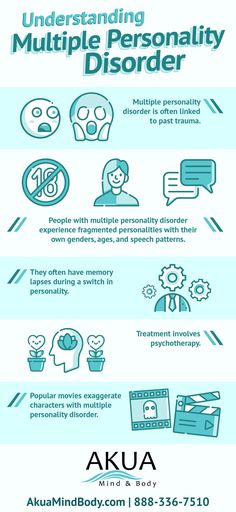 ).
).
Please select your answer0%10%20%30%40%50%60%70%80%90%100%
24. Some people sometimes find that they cannot remember whether they have done something or have just thought about doing it (for example, not knowing whether they have just mailed a letter or have just thought about mailing it).
Please select your answer0%10%20%30%40%50%60%70%80%90%100%
25. Some people find evidence that they have done things that they do not remember doing.
Please select your answer0%10%20%30%40%50%60%70%80%90%100%
26. Some people sometimes find writings, drawings, or notes among their belongings that they must have done but cannot remember doing.
Please select your answer0%10%20%30%40%50%60%70%80%90%100%
27. Some people sometimes find that they hear voices inside their head that tell them to do things or comment on things that they are doing.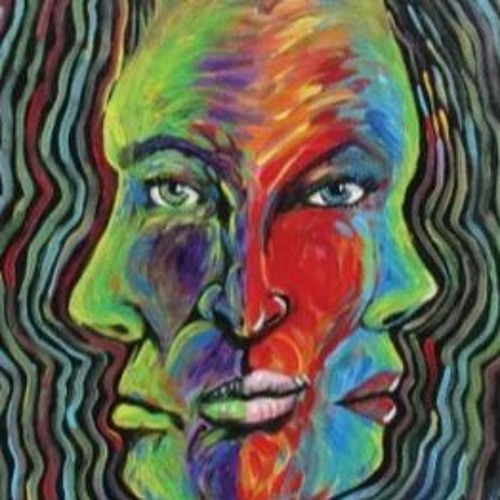
Please select your answer0%10%20%30%40%50%60%70%80%90%100%
28. Some people sometimes feel as if they are looking at the world through a fog so that people and objects appear far away or unclear.
Please select your answer0%10%20%30%40%50%60%70%80%90%100%
Reference
Bernstein, E. M., & Putnam, F. W. (1986). Development, reliability, and validity of a dissociation scale.
Hanan Parvez( Author )
Hi, I’m Hanan Parvez (MBA, MA Psychology), founder and author of PsychMechanics. PsychMechanics has been featured in Forbes, Business Insider, Reader’s Digest, and Entrepreneur. Feel free to contact me if you have a query.
Dissociation Scale (DES) split personality test
Dissociative Personality Disorder DID (formerly known as multiple personality disorder, colloquially known as split personality disorder) is a psychological condition caused by multiple causes, including severe childhood trauma (physical, sexual, and emotional).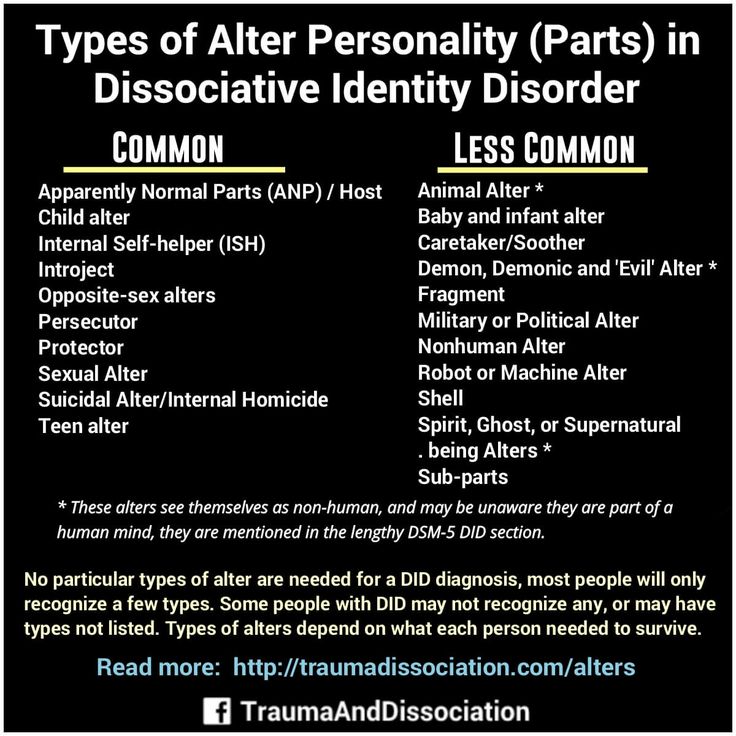
Dissociative disorder has an involuntary departure of a person's consciousness from reality, including subsequent difficulties with identity, behavior, memory, emotions, disrupting all mental functions.
Split personality affects all age groups of people. Symptoms usually develop as a result of a traumatic situation in the psyche in order to further block memories.
There are three main types of dissociative disorders:
- Dissociative identity disorder
- Dissociative amnesia
- Depersonalization disorder
The symptoms depend on the type of disorder and may worsen at times, making them more obvious. The main symptoms and signs of duplicity can be:
- loss of memory (amnesia) for a certain period;
- feeling of detachment from oneself;
- distorted perception of people and things around oneself;
- split sense of identity
- inability to cope with emotional stress;
- occurrence of depression, anxiety and suicidal thoughts.
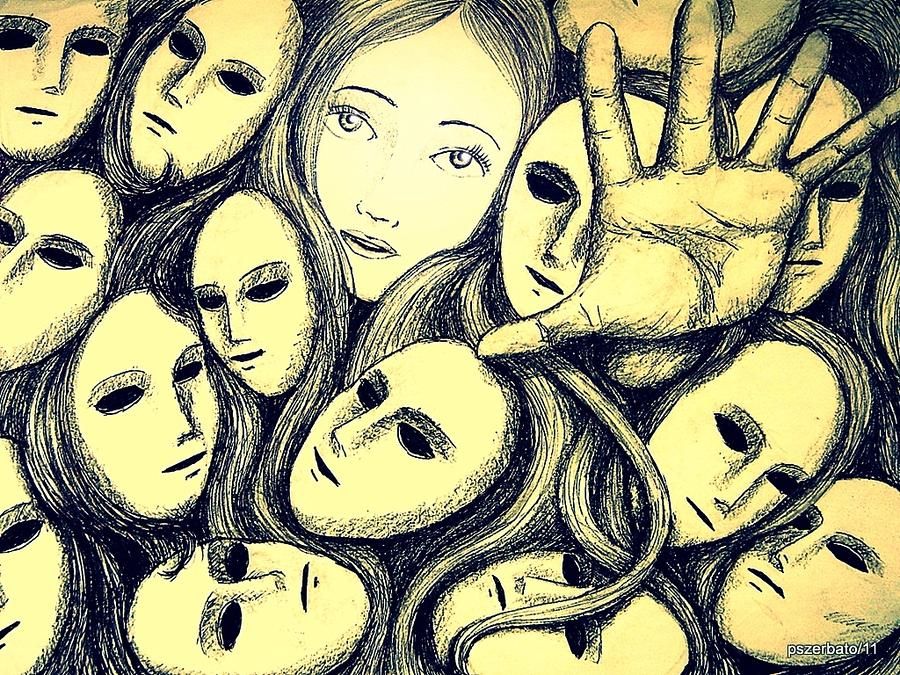
With a dissociative disorder, the number of personalities changes and a person may have two or more independent from each other. These "personalities" are called alters. When an alter appears that is different from the main personality, the person experiences amnesia and most often, his behavior and temperament can change in the opposite direction.
For example, a person is passive and indecisive by his nature, and his viola has become active and decisive, etc. Also, alternative personalities can change gender, age, and even interests in their minds. When one of the personalities is in charge, the rest go into "standby mode", because of this, people cannot remember part of everyday life.
If you think that you or someone close to you has signs of a split personality, try this online questionnaire, which will help you better understand the situation and make a decision.
How to pass the dissociation scale test
The psychological test for dissociative personality disorder consists of 28 questions.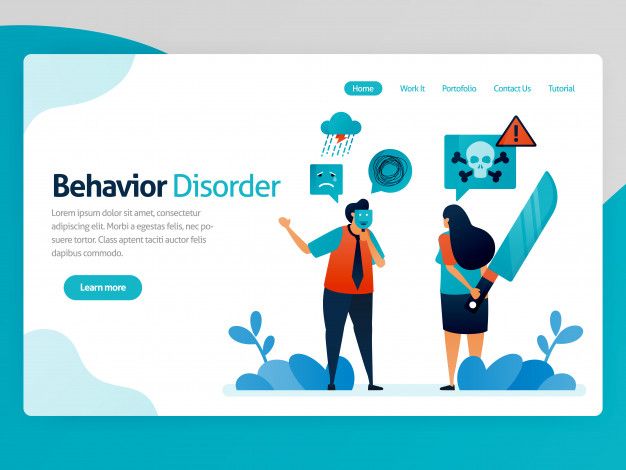 For each of them, you need to choose one of the answer options in percentage terms, which range from 0 to 100%, where 0% - the situation did not happen to you at all, and 100% - constantly. The rest of the options, choose based on how many percent the question describes your experience.
For each of them, you need to choose one of the answer options in percentage terms, which range from 0 to 100%, where 0% - the situation did not happen to you at all, and 100% - constantly. The rest of the options, choose based on how many percent the question describes your experience.
Please note that testing is for self-assessment and cannot replace professional advice, much less making a diagnosis.
This test is categorized as follows:
Female Tests Male Tests Medium Tests Mental Disorder Tests Teen Tests Occupational Tests
Multiple Personality Test
Dissociative Personality Disorder Ego. It is so ambiguous, so rare, that some psychiatrists question its relevance. They believe that this problem is far-fetched, and patients with similar symptoms suffer from other diagnoses. However, the majority still considers this deviation as real. The split personality test is designed to determine the signs of such a diagnosis and the tendency to it.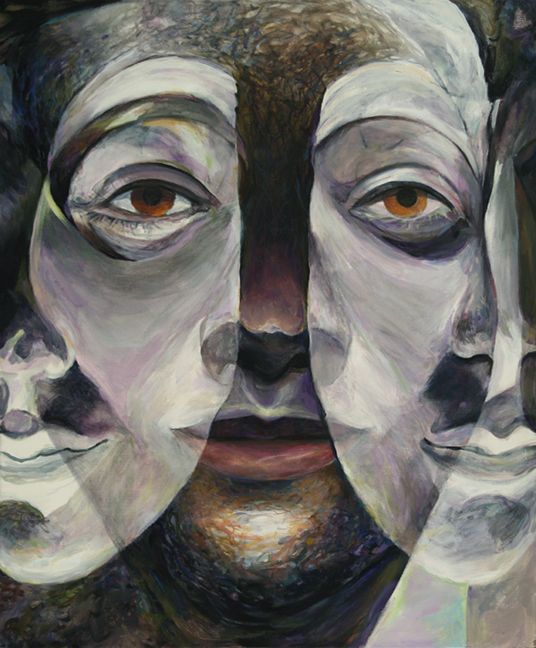
1. Does it often happen to you that you cannot remember several hours of the past days and have no idea what you were doing at that time?
Yes, this happens to me quite often.
Yes, this happens occasionally.
Yes, this has happened a few times, but I think it's just a boring day, procrastination, or something similar.
No, this has never happened to me.
2. Has it ever happened that complete strangers greeted you, knew your name or other personal information from somewhere (for example, the bartender in the cafe where you went for the first time asked you “how are you as usual?”)?
Yes, it happened to me and it scared me.
Yes, this has happened, but I think it's just a coincidence.
This happened a couple of times, but there is a person living in the neighborhood who really looks like me, or strangers admitted that they made a mistake.
No, that didn't happen.
3. Have you ever been confident that the current day was Monday, for example, but it turned out that it was a different day of the week?
Yes, this happened often.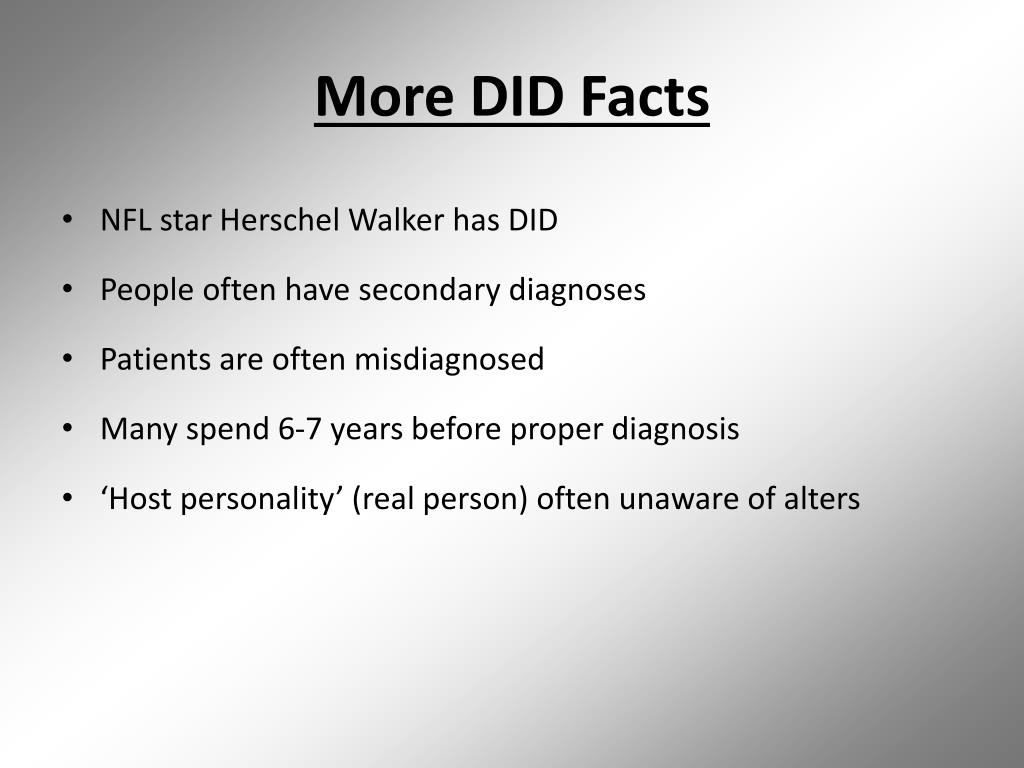 And it scares me terribly, because I don’t remember how I spent the “missed” days.
And it scares me terribly, because I don’t remember how I spent the “missed” days.
Yes, this happened a few times, I tried to find excuses, but they were unlikely.
Yes, it happened, but then I still realized that I just made a mistake, and I remembered the previous day.
No, this did not happen, or it happened for a short time while awake.
4. Have there been any new items in your home lately that you don't remember bringing? The same question about incomprehensible losses and inexplicable rearrangements of things.
Yes, I often notice how things are not in the same place, disappear or appear out of nowhere.
Yes, this happens sometimes.
Yes, this happens, but most likely the reason is my memory problems or the people with whom I live were involved.
No, this has never happened to me.
5. Do you suffer from depression, suicidal thoughts, panic attacks and/or severe anxiety disorders?
Yes, I have (almost) everything on this list.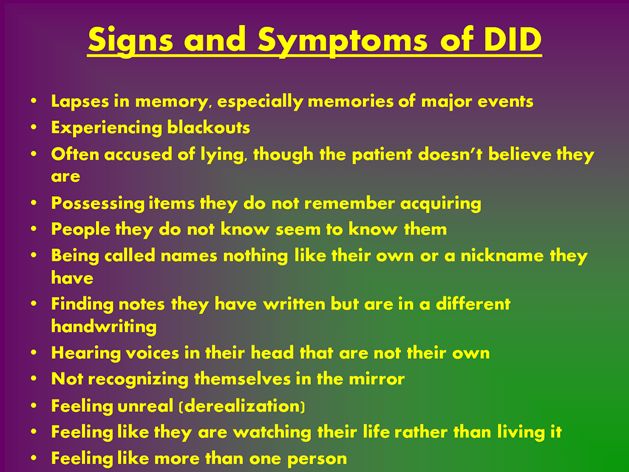
No, but (almost) all of this was in the recent past.
There is only one symptom, it is weak or I am working with a psychotherapist.
No, I don't have similar symptoms.
6. Did your acquaintances ask you to do something that you obviously cannot do (play the guitar, say something in an unknown language), while they were sure that you definitely know how, although in fact you are not?
Yes, this happens relatively often.
Yes, this has happened several times.
Yes, it happened, but then they also began to doubt that I had ever done it.
No, that didn't happen.
7. Do you have moments of confusion when you can't understand who you are (it's not about philosophy), or does everything around you seem somehow unreal?
Yes, this happens to me often.
Yes, this has happened several times.
Yes, this has happened after taking alcohol/psychotropic substances/strong drugs, or when you have a high temperature, and you feel unwell.




